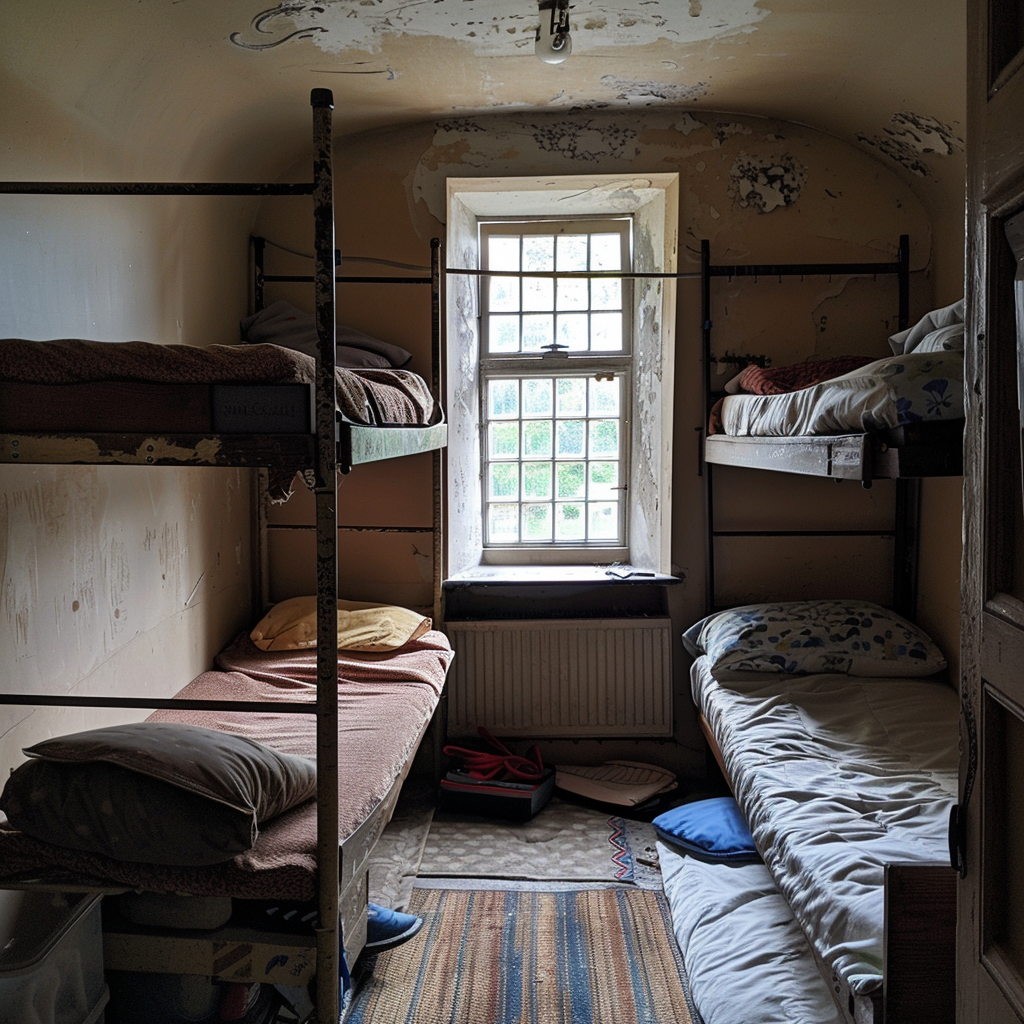
This month, homelessness in Ireland and housing matters have hit a new record, with 14,159 people in emergency accommodation, including 4,316 children and 2,051 families. Amidst these grim statistics, new legislation aimed at returning thousands of properties to the housing market is facing staunch opposition from the tourism sector.
The proposed Short-Term Tourist Letting Bill mandates that hosts offering accommodation for up to 21 nights must register online and confirm they have planning permission where necessary. The government estimates this could shift 10,700 short-term holiday lets to the long-term rental market, mainly in rural areas like Kerry, Galway, and Cork. However, tourism industry representatives have urged Taoiseach Simon Harris to ensure the bill protects rural tourism and does not negate housing matters.
The crux of the matter is balancing the need for affordable housing with the interests of the tourism industry. According to the ESRI, housing completions this year will remain at 33,000, the same as last year, falling short of the Taoiseach’s April projection of nearly 40,000 new homes. This shortfall is detrimental to young people, whose living conditions are shrinking to single rooms, and the mental health impacts are becoming increasingly severe.
Barcelona is setting a precedent by banning apartment rentals to tourists by 2028 to make housing more affordable for residents. Similarly, other cities like the Canary Islands, Lisbon, Berlin, and Florence have imposed restrictions on short-term rentals. Florence, for example, offers three years of tax breaks to landlords who switch from short-term holiday lets to long-term residential leases.
Finland stands out as a success story, being the only European country where homelessness is declining. In 2008, Finland introduced the Housing First policy, which has drastically reduced homelessness by providing permanent housing and supporting tenants with tenancy agreements. From 2010 to 2020, this programme created 4,600 homes for the long-term homeless. The Y-Foundation, Finland’s fourth-largest landlord, manages 19,000 apartments, proving the model’s effectiveness.
Ireland launched its Housing First National Office in 2022, aiming to create 1,319 additional tenancies by 2026. However, this represents only 264 new tenancies per year, a mere fraction of what is needed. In contrast, Finland’s Housing First programme achieved an average of 460 homes per year in a country with a similar population size.
Despite the European Commission’s concerns that the bill restricting short-term letting might violate EU law, Housing Minister Darragh O’Brien is committed to passing it before the Oireachtas summer recess.
While tourism is undeniably important, housing must take precedence. Cities like Barcelona are leading by prioritising residents over tourists, and Finland’s refusal to accept homelessness as a societal norm sets a powerful example. Ireland must match this ambition and commitment to ensure housing for all its citizens.





